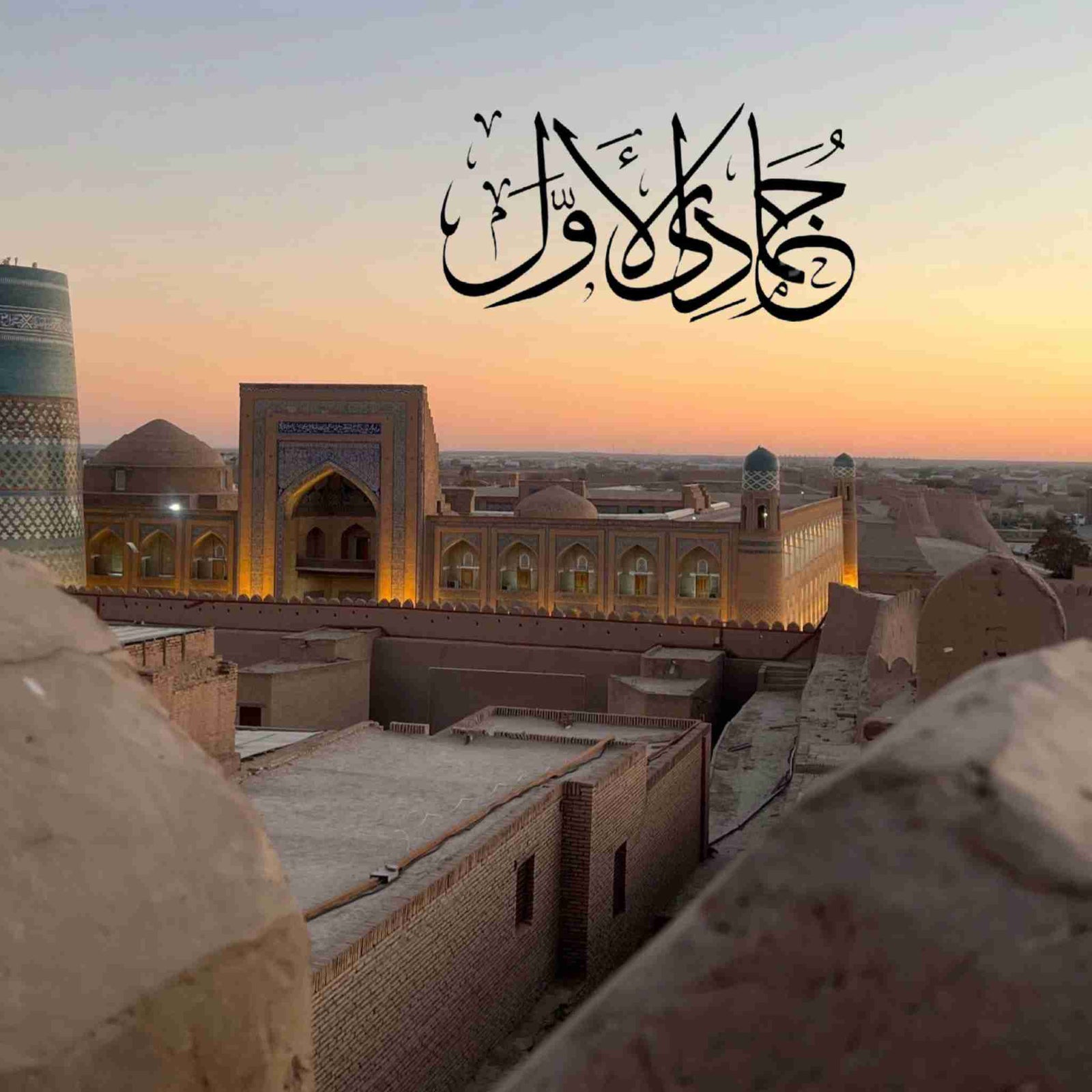Key Takeaways about Jamadilawal
|
Topic |
Summary |
|---|---|
|
Name Origin |
Comes from Arabic "jamad" meaning dry or rainless, referring to summer heat. |
|
Islamic Calendar |
As a lunar month, it can be 29 or 30 days based on moon sightings. |
|
Religious Meaning |
Seen as good time for voluntary worship like charity, Quran reading. |
|
History |
Linked to key events like the Prophet's marriage and death of his companions. |
|
Cultural Traditions |
Vary by region but include honoring saints, making summer foods, spending time with family and friends. |
The Origins and Meaning of the Name Jamadilawal
The name Jamadilawal comes from the Arabic word “jamad.” This means “dry” or “rainless” in Arabic. It refers to the hot, dry conditions typical of summer in the Middle East, where Islam began. The pre-Islamic Arabs named months based on the seasonal weather. Jamadilawal was called this even before Islam arrived in Arabia.
Jamadilawal was part of the old Arab lunar calendar. It was one of two months in a row called “Jamad.” The other was Jamadilakhir. When Islam brought the Hijri calendar in 638 AD, these months stayed. The prefixes “al-Awwal” (first) and “al-Akhir” (second) were added to tell them apart. But the original names referring to summer remained.
How Jamadilawal Fits in the Islamic Lunar Calendar
The Islamic calendar follows the phases of the moon. Each new month starts when the new moon is observed. A moon year is about 11 days shorter than a solar year.
So in the Islamic calendar, Jamadilawal comes about 11 days earlier each year. As a lunar month, it can be 29 or 30 days based on moon sightings. The weather names of months no longer match actual conditions. But they reflect the lunar calendar.
The Religious Importance and Meaning of Jamadilawal
Jamadilawal has no required religious rituals. But it is seen as a good time for voluntary acts of faith and worship. Muslims believe extra good deeds in Jamadilawal bring more reward from God.
The Prophet Muhammad recommended doing more voluntary worship during Jamadilawal:
-
Fasting when not obligatory
-
Remembering God by reciting phrases like “Glory to God”
-
Reading extra verses of the Quran
-
Giving charity to help others
-
Reciting certain chapters of the Quran
-
Performing additional prayers
So Muslims see Jamadilawal as a chance to renew devotion to God by doing beneficial deeds beyond what is required.
The Historical Significance of Jamadilawal
Some major events in early Islamic history occurred during Jamadilawal. These give the month meaning as a time to commemorate Islamic heritage.
The Prophet Muhammad married his first wife, Khadija bint Khuwaylid, in Jamadilawal according to the lunar calendar. Their 25-year marriage set an example of love and she was the first to believe in his prophethood.
In the Battle of Mut’ah against the Byzantine Empire in 629 AD, three close companions of Muhammad named Zayd bin Harithah, Ja’far bin Abi Talib, and Abd Allah bin Rawahah were martyred. The Prophet had foretold their deaths.
For Shia Muslims, Jamadilawal marks the 605 AD birth of Fatima al-Zahra, daughter of Prophet Muhammad and one of the most respected women in Islam.
These seminal events contribute to the commemorative value of Jamadilawal. Some Muslims mark the Prophet’s marriage and Fatima’s birth annually.
Cultural Practices and Traditions Linked to Jamadilawal
Various cultural traditions have become associated with Jamadilawal in Muslim communities worldwide:
-
Honoring past saints and scholars by holding remembrance gatherings at mosques and shrines named after them.
-
Preparing summer foods and drinks to beat the heat, like fruit juices, cold soups, and rose syrup.
-
Buying new summer clothes to match the warmer temperatures.
-
Scheduling community events and meetings to accommodate prayer times.
-
Spending more time socializing with family and friends since the weather is pleasant.
-
Organizing charity campaigns to collect money, clothes, and food to distribute to those in need.
These traditions give Jamadilawal a unique cultural meaning as the start of summer festivities for Muslims globally.
Conclusion
For over 1400 years, the arrival of Jamadilawal has carried special significance for Muslims. Its name reflects Arab history, while events in early Islam gave it commemorative value. Cultural customs add local flavor in welcoming Jamadilawal as the summer season begins. With its rich history and religious associations, this month continues to hold deep meaning annually in the Islamic calendar.











